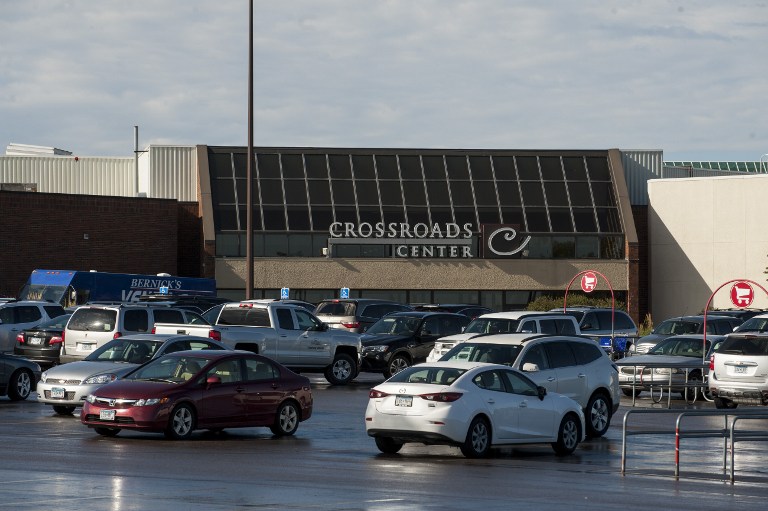
MINNEAPOLIS, United States (AFP) – by Jared Goyette
The Somali community in the US state of Minnesota braced for a backlash Monday after a man who stabbed nine people in a mall over the weekend was identified as one of their own.
The FBI is investigating the Saturday attack in the city of St. Cloud as a potential act of terrorism. While authorities have not officially identified the attacker, local Somali leaders said he was 22-year-old Dahir Adan.
Adan allegedly attacked shoppers at a mall, where police said he asked some victims whether they were Muslim before stabbing them, and made “some reference to Allah.”
He was shot and killed by an off-duty police officer.
A news agency with ties to the Islamic State group said the rampage was carried out by an IS “soldier,” but it was not clear what connection the attacker had with the terrorist organization.
“We strongly condemn what happened,” said Haji Yussuf, cofounder of the activist group #UniteCloud, during a Sunday news conference. “That is not what this community is, that is not who we are.”
Eyewitnesses reported on Sunday evening that a handful of pickup trucks, some flying American and Confederate flags, buzzed by apartment complexes where many Somali-Americans live. Meanwhile, a group of flag-waving motorcyclists circled around another Somali neighborhood.
Community advocates like Lul Hersi immediately started getting texts from frightened residents.
Hersi, who posted a Facebook video praying for the victims of the stabbings, was worried about the potential for further incidents.
“One person does something, and the whole community pays for that one person’s actions,” she said.
Governor Mark Dayton, alluding on Monday to the need for unity, expressed “deep concern for what occurred” and pledged to aid in the “community’s recovery from that and coming together more unified and stronger than ever before.”
Yussuf said he hopes the authorities are able to quickly piece together what happened on the night of the stabbing, so they can better address whatever broader problems were behind it.
“We need to know, so that we make sure as a community, we stand together as a community, and make sure it does not happen to us ever again. Never again in our town should we see something like this, so let’s find solutions,” he said.
St. Cloud’s Somali population has its roots in the 1990s and has grown rapidly in the last 10 years. According to the St. Cloud Times, 20 percent of students in a local school district are from a home where the primary language is Somali.
That growth has escalated tensions, particularly in the school system.
In 2012, the US Department of Education reached an agreement with the St. Cloud school district after an investigation into alleged harassment of Somali Muslim students. Last year, Somali students staged two walkouts, after a Somali student was falsely labeled on social media as a member of Islamic State.
The group Yussuf founded, #UniteCloud, was created to try to address tensions and create better relations between Somalis and the community at large. He fears the attack will set back his efforts.
“Thirty years of relationship building could be undone by this one incident,” he said.







